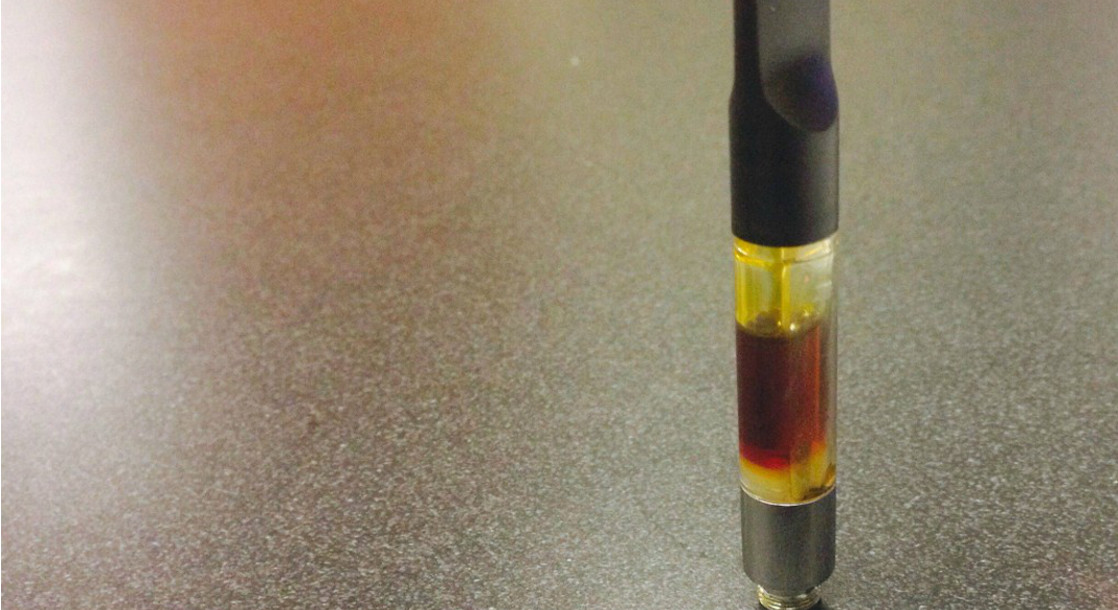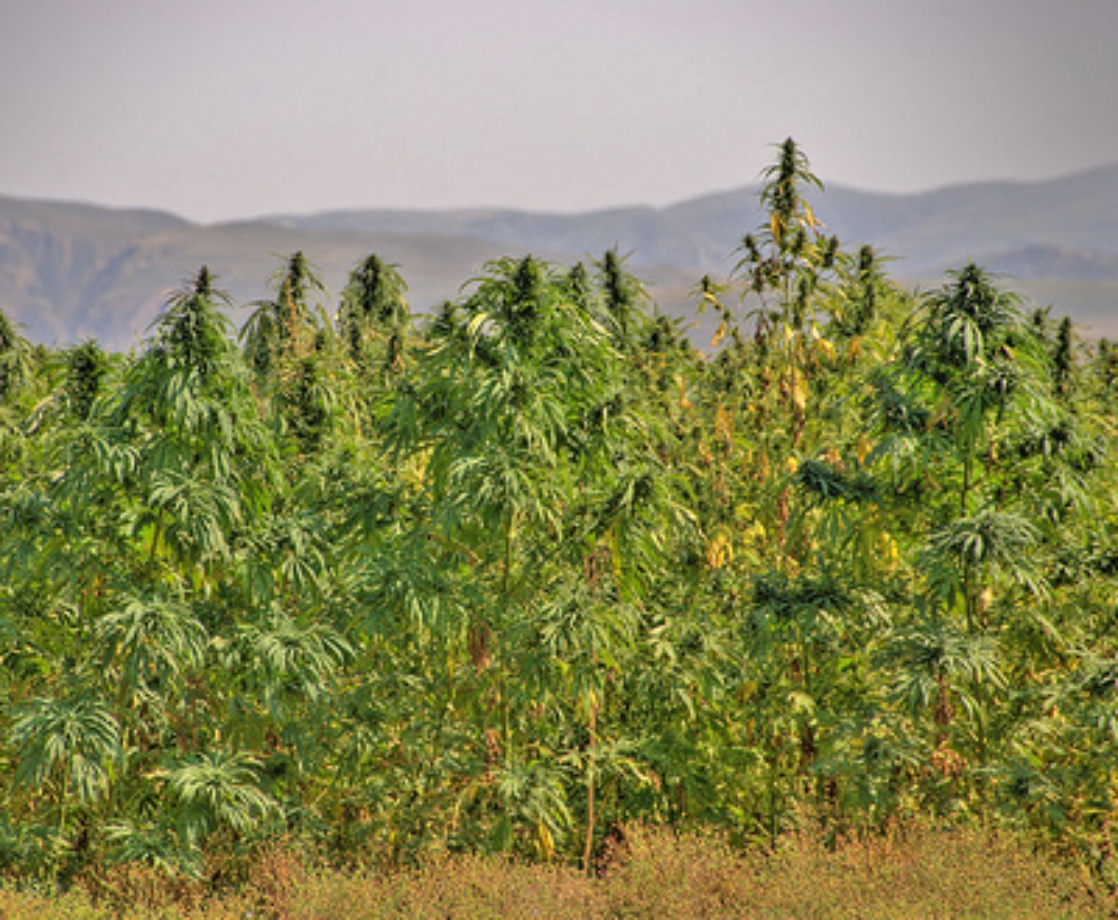Vaporizing cannabis has often been considered a healthier way to consume cannabis than smoking, but a new research study has revealed that some chemicals used in vaporizable cannabis oils could pose a health risk to users. The Medical Marijuana Research Institute, the research division of Arizona MMJ producer Harvest, Inc., tested popular cannabis oil thinning agents to determine whether harmful chemicals like formaldehyde were being released when vaporized.
The study, published in The Journal of Alternative and Complementary Medicine, explored two petroleum-based thinning agents, propylene glycol [PG] and polyethylene glycol 400 [PEG 400], and two natural thinners, vegetable glycerin [VG] and medium chain triglycerides [MCT]. All four agents were heated to 230 degrees Celsius, the maximum temperature at which cannabis’ chemical compounds can be vaporized without burning.
Gallery: Here’s What Fake Vape Cartridges Actually Look Like
The researchers found that “formaldehyde production from PEG 400 isolate was particularly high, with one inhalation accounting for 1.12 percent of the daily exposure limit, nearly the same exposure as smoking one cigarette. Because PG and PEG 400 are often mixed with cannabis oil, individuals who vaporize cannabis oil products may risk exposure to harmful formaldehyde levels.”
The formaldehyde levels produced by both natural compounds were significantly lower, around 0.25 micrograms per inhalation, compared to 75 micrograms per puff of a cigarette. The results of the study are important for the medical marijuana industry, as many doctors recommend vaping as a safer alternative to smoking. In some MMJ-legal states, vaping cannabis oils is legal, but smoking cannabis or vaping whole cannabis flowers is prohibited entirely.
“As a leader in the medical marijuana industry, it’s important for us to test all cannabis products so that we are producing the safest ones in the market,” Steve White, CEO of Harvest, Inc. said. “This recent study validated that thinning cannabis oil with MCT is a safer alternative to a petroleum-based additive that produces harmful levels of formaldehyde when heated for vaporizing.”
“We’re in the business of helping people battle painful medical conditions and debilitating diseases; we’re not in the business of adding to or creating any health issues,” White continued. “It’s one of the reasons we feel so strongly that the potential health effects of petroleum-based thinning agents need to be front and center when it comes to regulating cannabis.”











